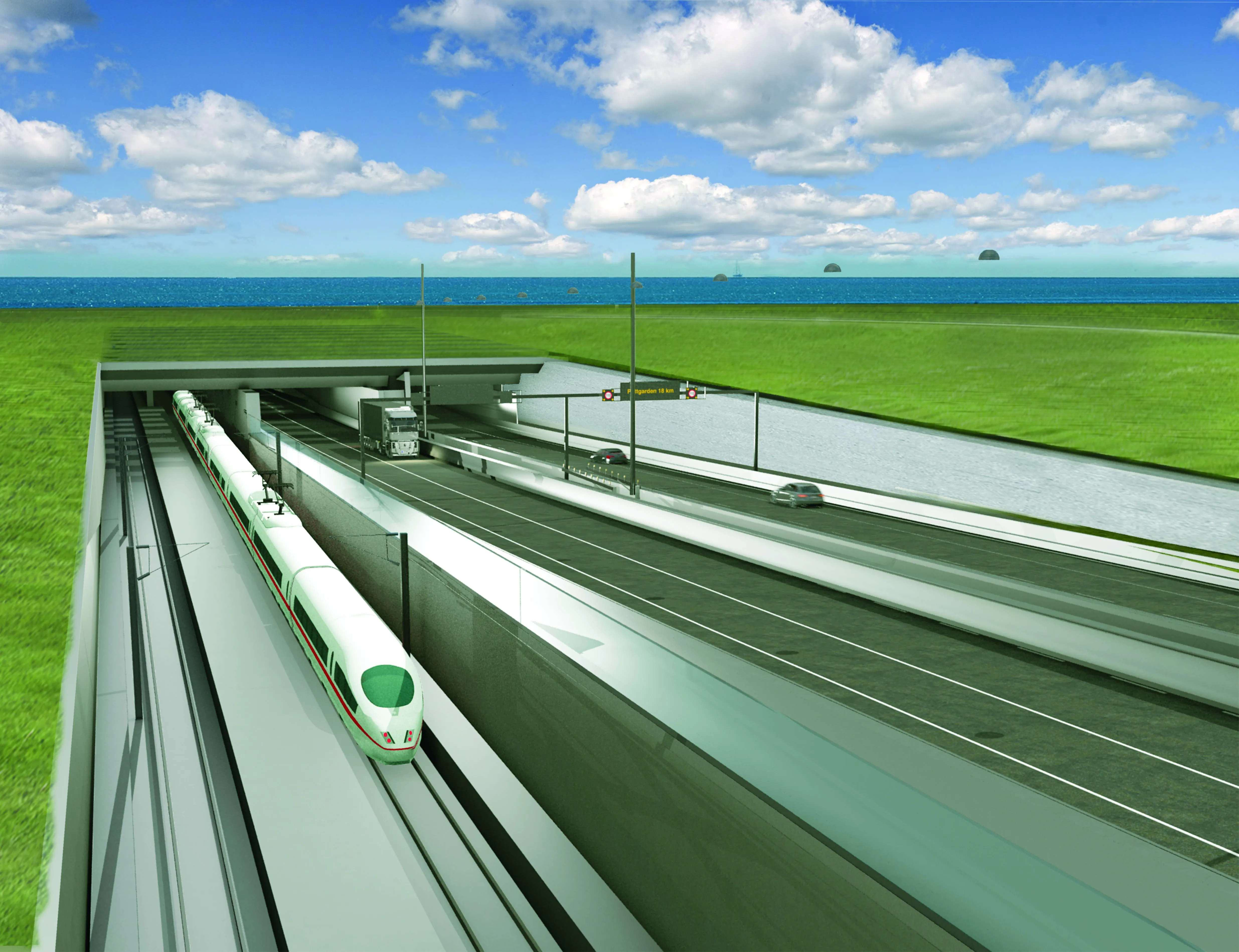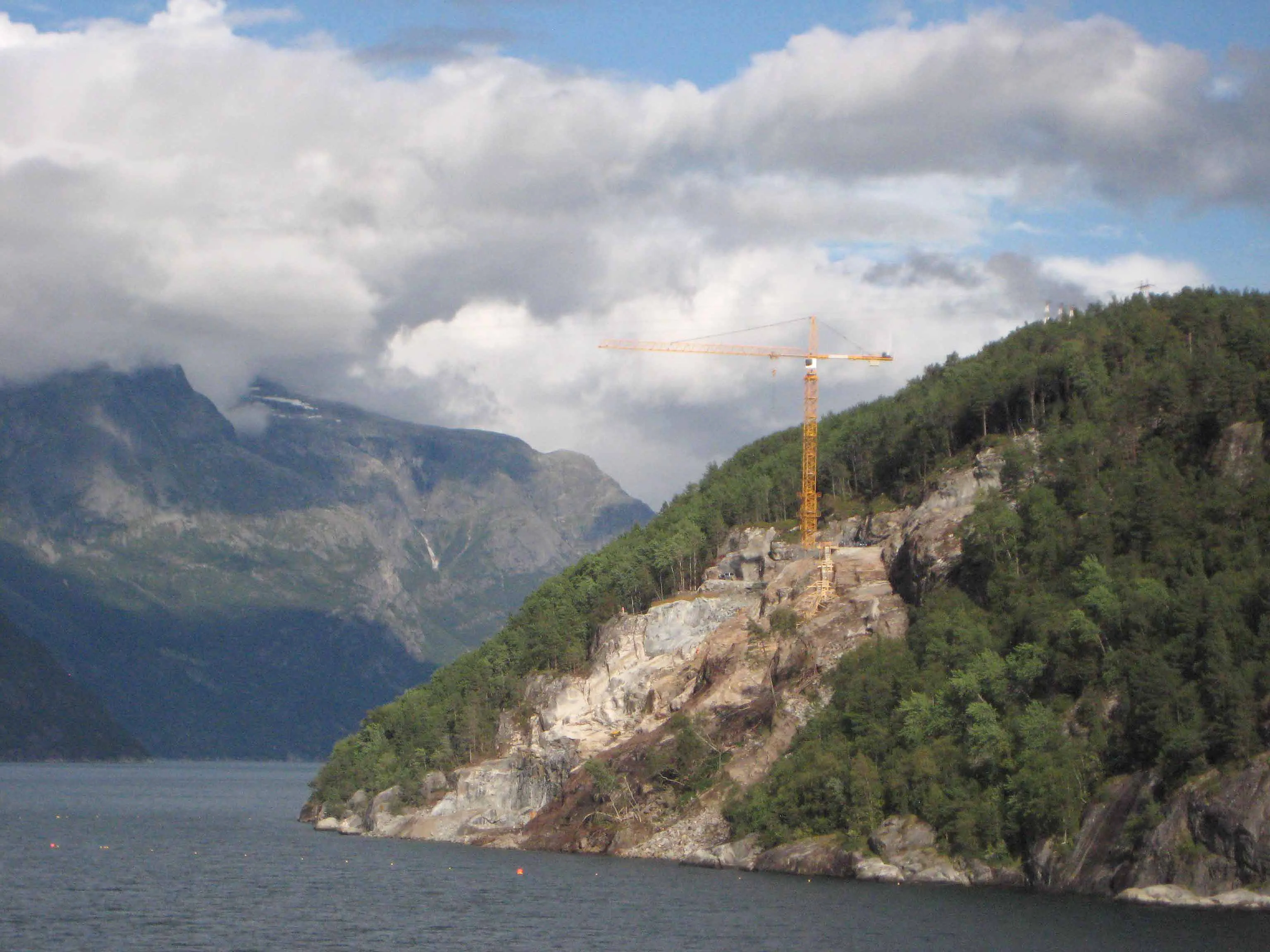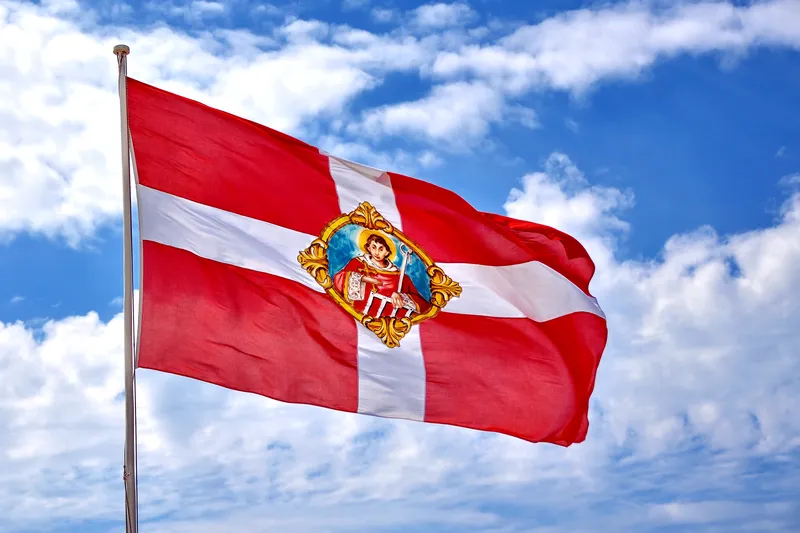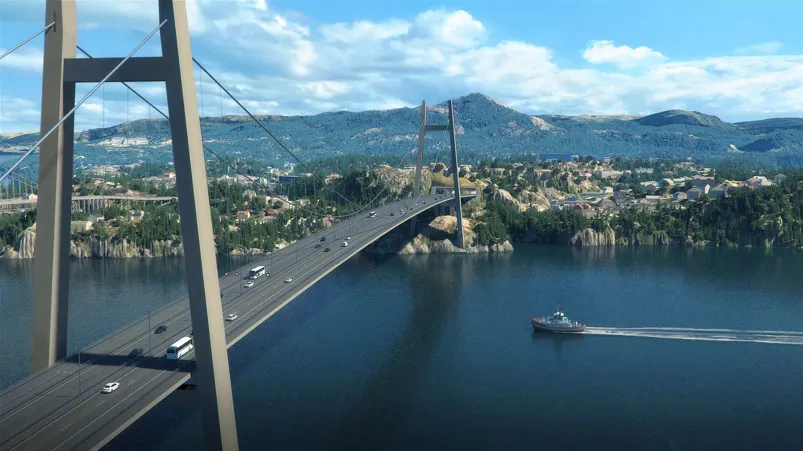
Public funds from the European Commission for the Fehmarn Belt tunnel between Germany and Denmark has been approved, but for less than hoped.
Danish authorities will provide €9.30 billion (US$10.7 billion) in state loans and guarantees for the first 16 years of operation, instead of €55 billion as initially decided.
The EC decision effectively gives the green light for the immersed road and rail tunnel, part of the major infrastructure project called the Fehmarn Belt Fixed Link to connect the German island of Fehmarn with the Danish island of Lolland. The tunnel will cross the 18km-wide Fehmarn Belt, or Fehmarn Strait, in the Baltic Sea.
Completion of the €8.7 billion project had been set for 2028. However, the project’s approval process has been bogged down over environmental issues, especially within the German state of Schleswig-Holstein in which the southern end of 18km immersed tunnel will surface.
Denmark is completely responsible for financing the project that will replace a ferry service. Ferry operators Scandlines and Stena Line which provide services between Europe and the Scandinavian peninsula, had been arguing that the grant level to be given to whichever company operating the toll structure is based on unrealistically high traffic volume predictions.
The Fehmarnbelt link will be user-financed. Revenues from the link will go to repay the loans that financed its construction; the same model that financed the Storebælt and Øresund links. Denmark’s Parliament will decide the tolls and the operator Femern says there likely will be discounts such as weekend tickets, as is the case on the Øresund and Storebælt links.
Meanwhile, due to the spread of the COVID-19 virus, organisers of the Fehmarnbelt Days 2020 festival conference have postponed the event that was to have taken place May 17. The Fehmarnbelt Days Secretariat said that an alternative date will be announced shortly. Since 2012 the Fehmarnbelt Days have dealt with key areas such as infrastructure, tourism, business, the labour market, transport and logistics as well as education and research.
A Rambøll-Arup-TEC consultancy joint venture is engaged in a client consultancy services contract with Femern. The joint venture has also worked on other landmark infrastructure projects, including the Øresund Tunnel in Denmark, the City Tunnel in Malmö, Sweden, the Medway Tunnel in England, as well as underground rail systems in Amsterdam and Copenhagen.
COWI is carrying out the detailed design of the tunnel (north tunnel section, south tunnel section, and ramps & portals). Meanwhile, SWECO is handling the design for the dredging and reclamation work.
A second framework contract, for technical support services to Femern, is being carried out by ÅF-Hansen & Henneberg.








